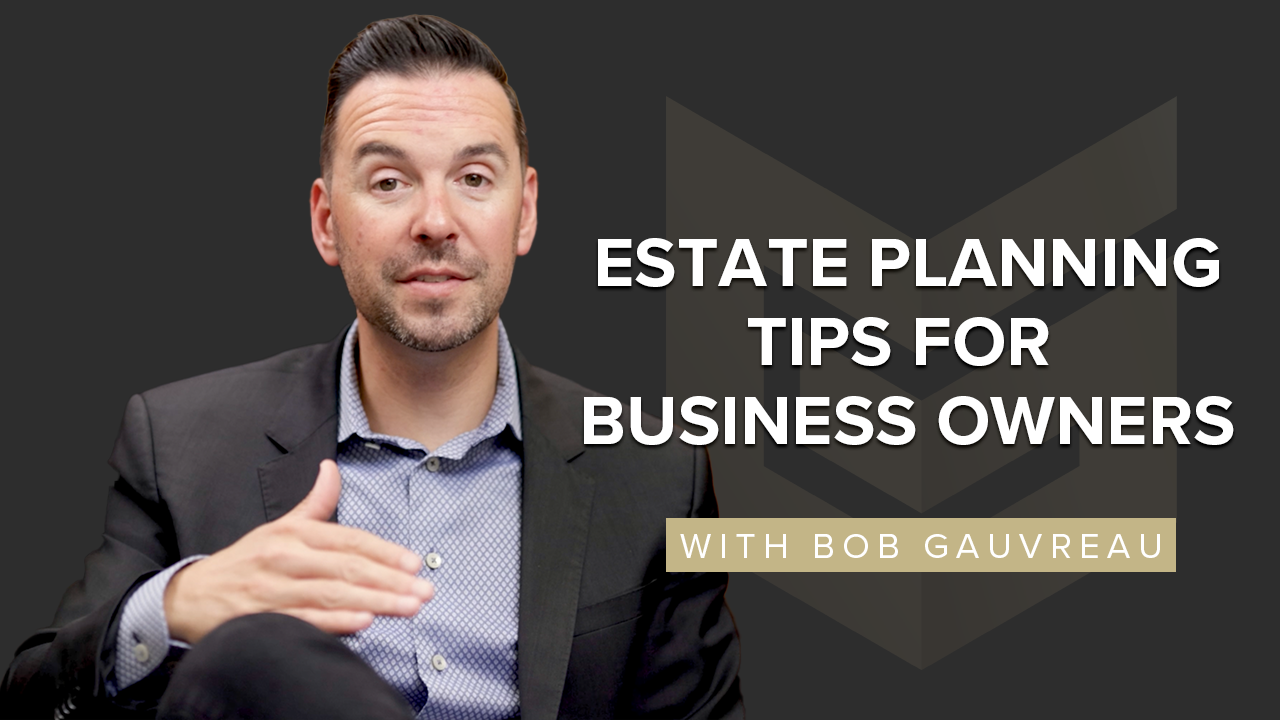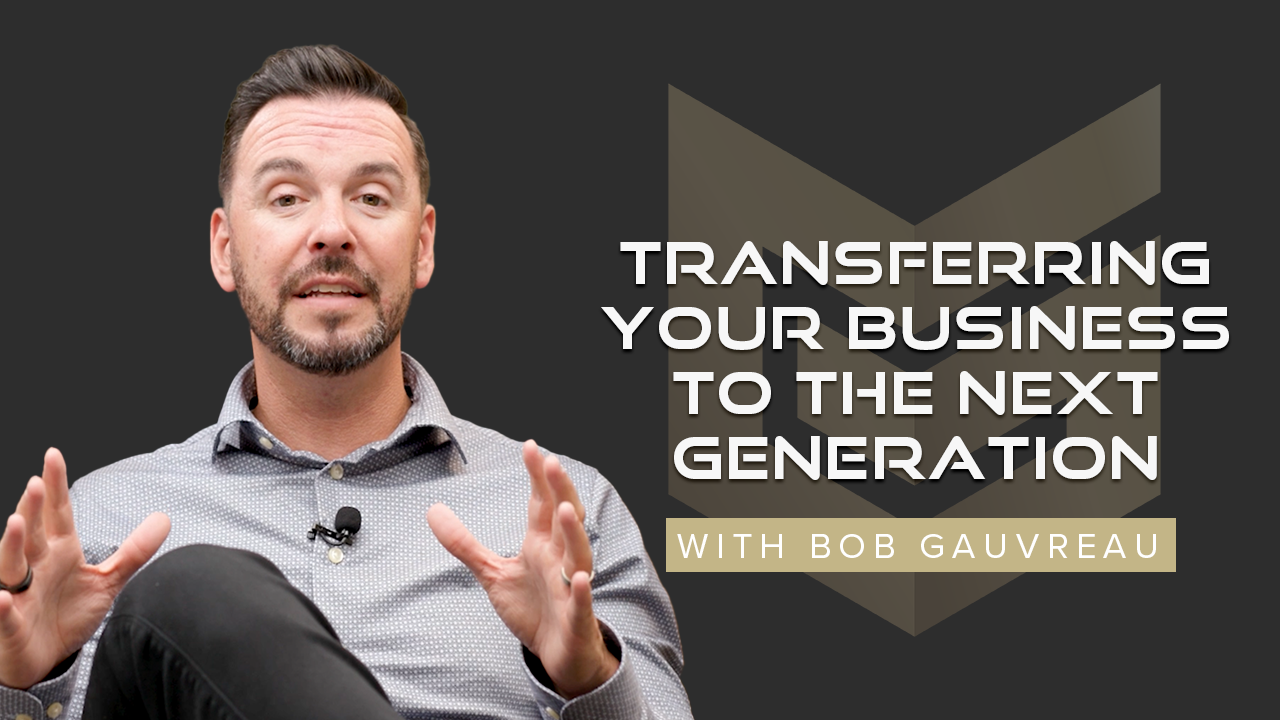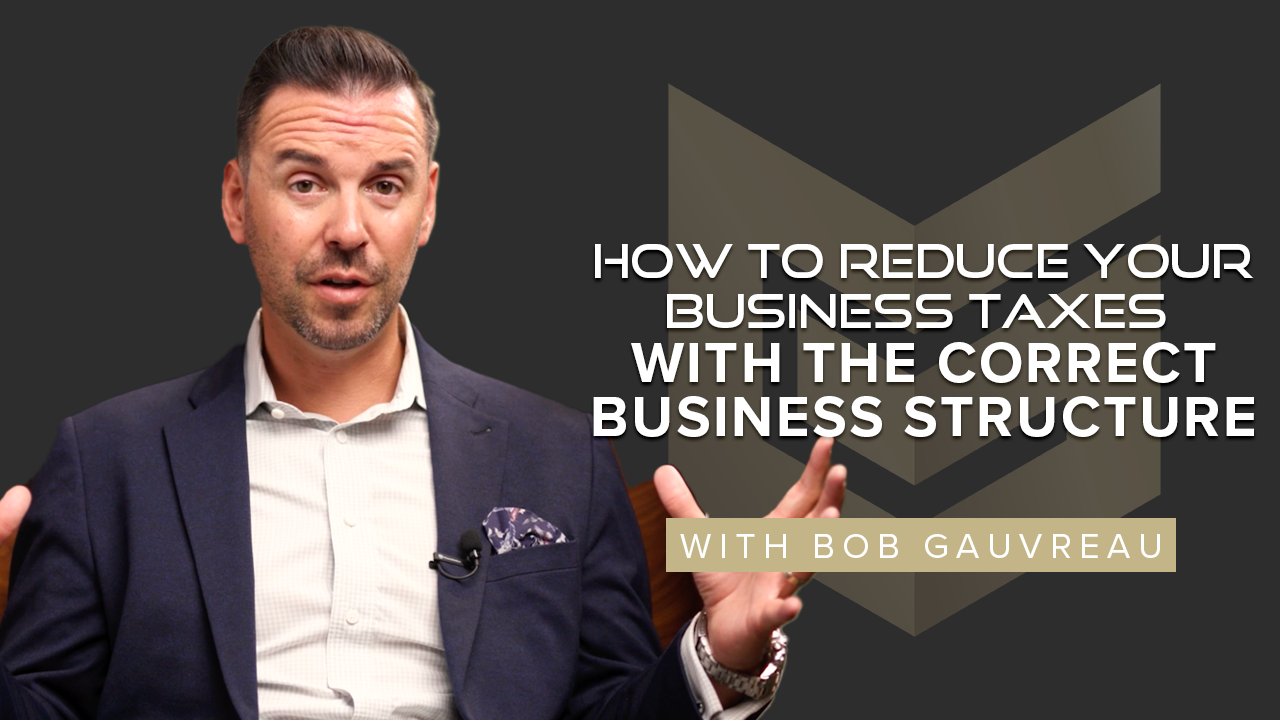Estate Planning Tips for Business Owners: Protect Your Finances & Family
Estate planning may not always be a popular topic of conversation, but its importance cannot be overstated, especially for small business...
2 min read
 Gauvreau Accounting Tax Law Advisory
Jul 29, 2024
Gauvreau Accounting Tax Law Advisory
Jul 29, 2024
When planning your estate, it's essential to remember that two things in life are guaranteed: death and taxes. Both of these certainties can create significant complications if not well planned. Here are some crucial considerations to help ensure your estate is in order and your loved ones are not burdened with unnecessary tax liabilities.
One of the first steps in estate planning is to evaluate your assets. While we can’t predict when we will pass away, it’s vital to plan for the most tax-efficient outcome. When you die, all your assets are deemed to be sold at fair market value. This can result in significant tax consequences.
If you are married, your assets transfer to your spouse tax-free upon your death. However, upon your spouse’s death, all assets are again deemed sold, which can result in a substantial tax bill. This includes items such as your home, investments, the value of your business, and RRSPs.
RRSPs: These retirement savings plans can create significant tax liabilities upon death. The value of the RRSPs is taxable on the date of death, which can lead to a major financial burden for your estate.
Real Estate: Properties that are not your principal residence, such as a cottage or investment property, are also deemed to be sold at death. For example, if I bought it in 1975, it's worth a million dollars. It's deemed to be sold at a million dollars. The cost base was likely zero or close to zero, maybe it's $5,000, but let's just say it's zero, a million dollars of capital gain that's included, I would pay tax at the highest rate of 25%, which would be $250,000. Now, when I die there are no proceeds on the sale of this house. It's now caught up in an estate, but my estate owes $250, 000 of tax and my kids don't have the money for it that becomes a major challenge. There's ways to avoid this and to better plan for this. So this was a good example of something that's deemed disposed of because you didn't get cash for it, there's going to be a tax bill, your estate has to handle it and if it's not well planned for you put yourself and your family in a very dire financial need. In many of these instances where there's a cottage, for example, that you really want to keep in the family forever because there's been so many great moments. Well, when you pass away, the kids have no choice but to sell the property to pay the tax bill. If this is something you don't want to have, you need to be planning your estate in advance.
To avoid these tax burdens, proper planning is essential. Strategies to mitigate these consequences include:
Proper estate planning is crucial to avoid unexpected tax consequences that can put your family in financial distress. By planning ahead, you can ensure that your estate is handled efficiently, minimizing the tax burden on your loved ones.
If you want to avoid negative estate-related tax consequences, it’s essential to plan for these items upfront. Our team of legal and tax experts is here to support you. Contact us today to ensure your estate is well planned and your family is protected from tax catastrophes.

Estate planning may not always be a popular topic of conversation, but its importance cannot be overstated, especially for small business...

Passing a business from one generation to the next is a momentous milestone, but without careful planning, it can lead to unexpected tax...

Navigating the complexities of tax obligations is a critical aspect of running a successful business. Entrepreneurs often focus on...